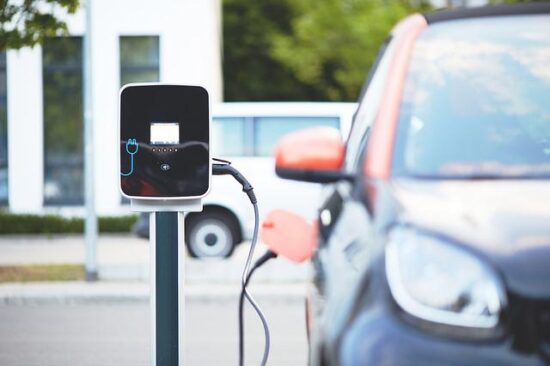While inflation in Germany is extremely high, new electric cars are rising in price faster than those with internal combustion engines, according to a survey.
The catalog price of the 15 most popular electric cars in August was 14.5 percent higher than a year ago, which meant an average price increase of 5,385 euros, the Center for Automotive Research said.
Prices of the best-selling fossil-fuel vehicles rose by 12.5 percent over the same period.
Handelsblatt was the first to write about the price difference on Tuesday. The state used subsidies to reduce the price gap between more environmentally friendly e-cars and those with conventional engines.
Subsidies for plug-in hybrids end at the end of the year, and the models still in stock are being sold at relatively steep discounts.
Automotive expert Ferdinand Dudenhoffer expects further price increases due to higher procurement costs of semiconductors and specific raw materials, for example in battery production.
Government incentives, he said, are not enough to stop prices. By the fall of next year, Dudenheffer said, 2.5 billion euros will be spent from the federal budget, which means that the market, especially for small and compact electric cars, will collapse.
No one, he said, will spend 35 thousand euros for a small car with a battery because of the infection. The government and Economy Minister Robert Habeck (Habeck) are, so to speak, unplugging the electronic machines, said Dudenheffer.
When it comes to luxury cars, their customers are less sensitive to price changes and pay out of their own pockets.





